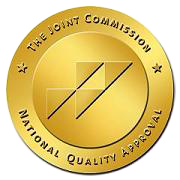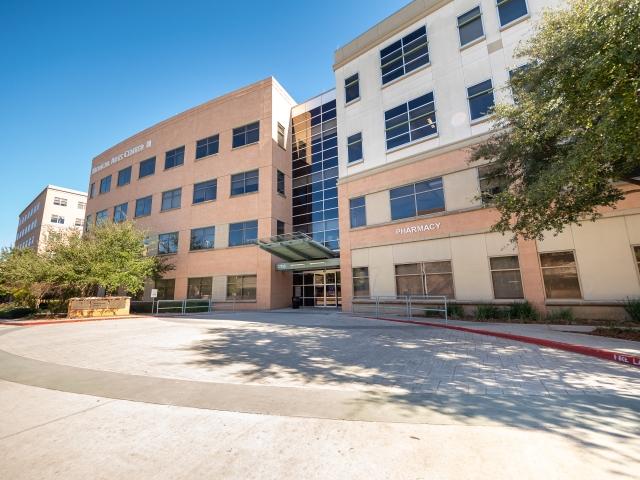
As Seen In
ARFID Treatment
ARFID treatment may include some or all of the following interventions, following a comprehensive assessment:
- Medical and psychiatric stabilization
- Nutritional rehabilitation and weight restoration
- Family/caregiver involvement
- A multidisciplinary treatment team approach (medical, psychosocial, nutritional)
- Collaboration with referring providers
A key component of ARFID treatment at ERC is continuous education of patients and parents alike about the patient's diagnosis, interventions, treatment expectations and treatment goals. We support the patient and family members from assessment to discharge and beyond. The consequences of ARFID can be fatal so prompt treatment is highly recommended.
What are the Symptoms of ARFID
Common ARFID symptoms include:
- Lack of interest in food
- Avoiding foods due to texture or consistency
- Being a “picky” eater
- Refusing to try new foods
- Requiring food to be prepared a specific way
- Feeling afraid to eat due to fear of a possible allergic reactions, choking or vomiting
Due to their restrictive eating habits, people with ARFID may be at very low body weights or suffer from malnutrition. Knowing the warning signs and symptoms of ARFID is an important first step in seeking care for this type of eating disorder. If you are concerned that you or someone you know might be experiencing ARFID, please contact us.
We Are In-Network With All Major Commercial Insurance Providers
We are in network with most major insurance providers, believing that treatment should be accessible and affordable.
To ensure you can pursue treatment, our dedicated team will work on your behalf with your insurance provider, answer questions and provide guidance and support every step of the way.
Plus Other Major Insurance Providers
ARFID Treatment Programs
Our eating disorder treatment centers across the nation provide specialized ARFID treatment for diverse patients of all ages and at all levels of care. Learn more about our program offerings.
Hide Last Child Layout Div
Form min height


























